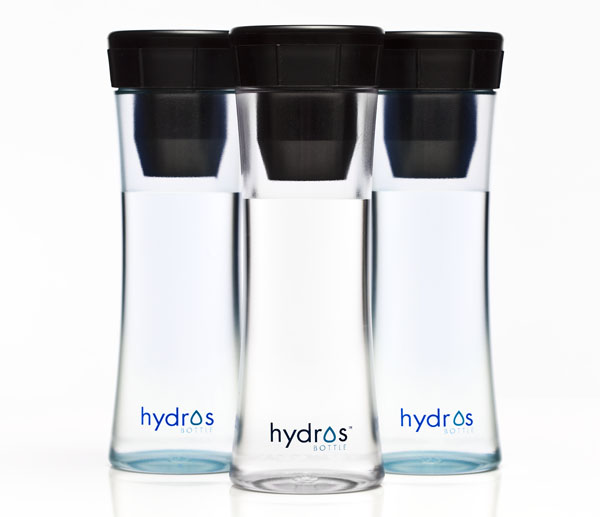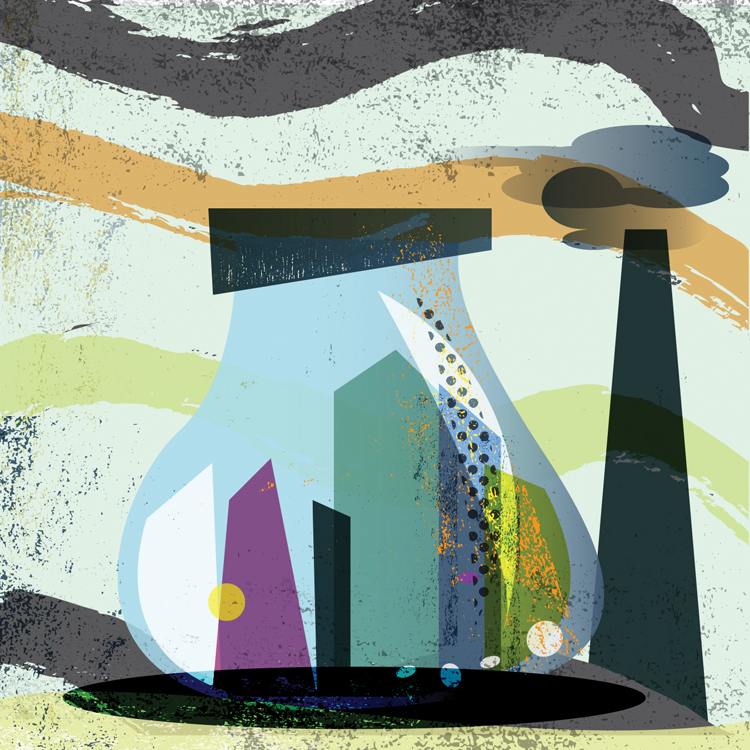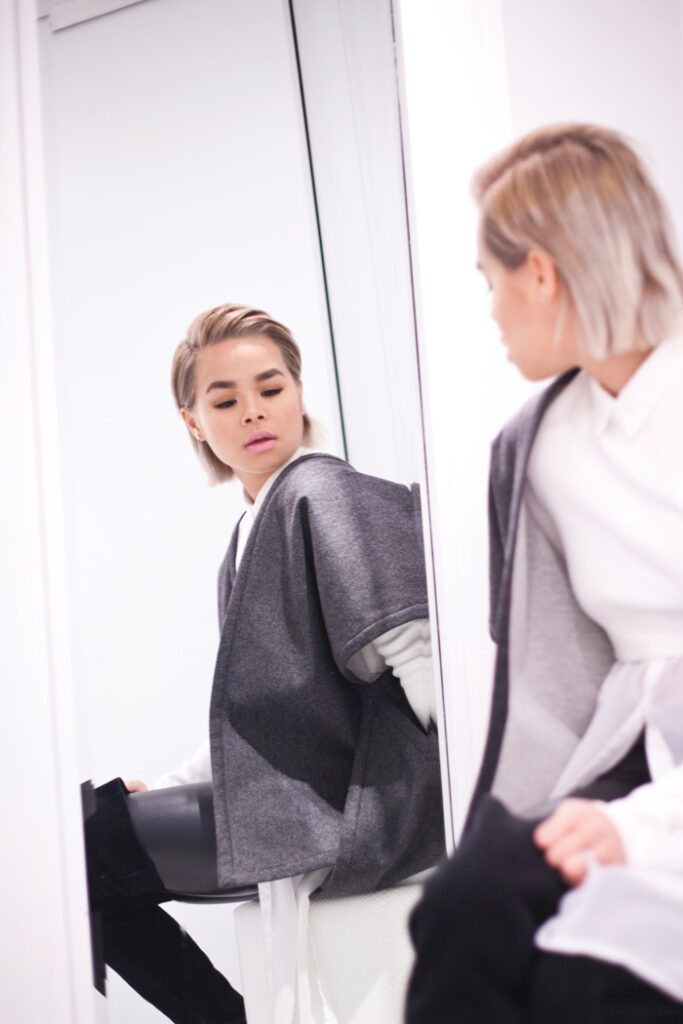 Two Penn grads quench your thirst and address the global water crisis by danielle zimmerman
Two Penn grads quench your thirst and address the global water crisis by danielle zimmerman
In Philadelphia, you can fill a glass with the flick of a faucet, or instantly run a warm bath to relax from a particularly rough day. But for people living in other parts of the world, those simple actions are still an unimaginable luxury.
Realizing the degree to which most Americans take water access for granted, University of Pennsylvania alums Aakash Makur and Jay Parekh began discussing a plan to raise awareness. They wanted to call attention to the global water crisis while also helping underserved areas address the problem. This two-pronged goal produced the Hydros Bottle, a reusable water bottle equipped with a filtering device.
Makur came up with the idea as part of a class project on alternatives to wasteful, single-use bottled water. The bottle became a reality when he paired up with Parekh, who had been working on water issues as president of the Penn Chapter of Engineers Without Borders USA.
Together they researched similar products and their limitations, designing the Hydros Bottle in response to consumer needs. What eventually emerged was a sleek, lightweight, quick-filtering bottle perfect for on-the-go, everyday use.
The commercial element is only part of their business model. The team’s water access arm, Operation Hydros, is funded using proceeds from the purchase of every Hydros Bottle. The contribution from each unit sold accounts for about 2,000 gallons of clean drinking water in the developing world.
The initiative recently began its first spring water distribution project in Gundom, Cameroon. Parekh was familiar with the area—he led a project in a neighboring community as part of his work with Engineers Without Borders—and it’s miles from a water source.
In recent years, worldwide aid organizations have tackled clean water needs, but Parekh explains that these endeavors often end up underutilized because they aren’t executed with the community’s specific needs in mind. Operation Hydros relies on “sustainable development” to assure the long-term success of their projects. When approaching a project site, they form a local “water committee” composed of community leaders that manages all aspects of the project, as well as the long-term maintenance.
“Our criteria is that the community needs to get together and agree that they all want clean water,” says Parekh. “Once that’s established, we are more than willing to support their efforts.” The pair hope to eventually establish a portfolio of ongoing efforts, allowing the consumer to personally allocate donations to specific projects.
In addition to Hydros’ global efforts, Makur and Parekh strive to make every business decision within an ecologically and socially sustainable framework. All manufacturing is done in the tri-state area, reducing their carbon footprint, supporting the local economy and ensuring quality control.
Whenever possible, Makur and Parekh take their product and message to the streets to spawn an ongoing dialogue about the importance of clean water access.
“This idea of social entrepreneurship is really beginning to take root,” says Parekh. “We hope to be one of the success stories that continues to give it momentum.”
hydrosbottle.com
Water Facts
Poor people living in the slums often pay five to ten times more per liter of water than wealthy people living in the same city
3.575 million people die each year from water-related diseases
884 million people lack access to safe water; that’s approximately one eighth of the population
From water.org, a non-profit dedicated to solving the water crisis




